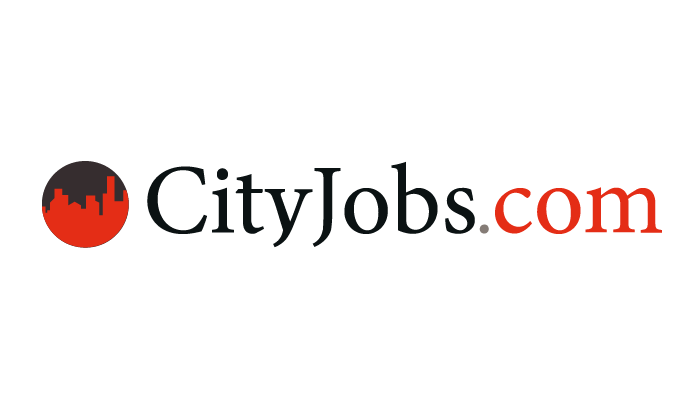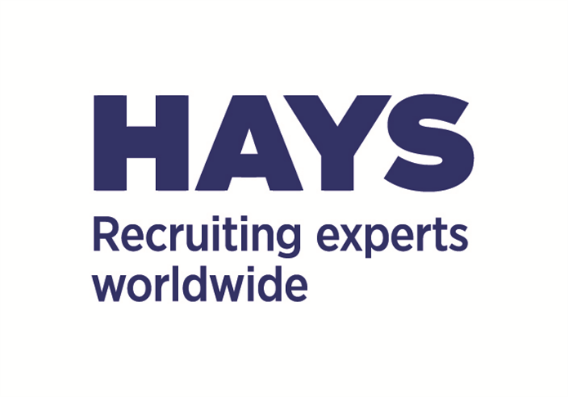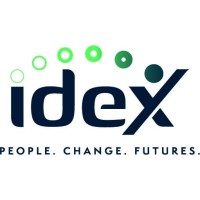
“Coming from a different background brings with it a different and positive perspective”

In 2015, the Parker Review was set up by the UK government to review and improve diversity in Britain’s boardrooms.
The review’s initial report, published in 2017, provided a set of suggestions and established a target called “One by 2021,” which aimed to ensure that all FTSE 100 boards had at least one director from a minority ethnic background by December 2021. Additionally, the review set a similar goal named “One by 2024” for all FTSE 250 boards.
Valuing diverse talent
The Parker review sets the tone on ethnic diversity across all companies and is a key contribution to a UK business environment, maintaining a focus on ethnic diversity at executive and senior management level.
For larger companies, NEDs, Chairs and Board members may be more likely to come from outside insurance, and these leaders of industry will bring an expectation of diversity from the businesses they oversee. Similarly, it reinforces this topic of importance for investors and potential employees as well as customers.
Target setting works
In March this year, the Parker Review announced the results of its 2022 voluntary census on the ethnic diversity of company boards, showing that 96 FTSE 100 companies now have at least one ethnically diverse director on their boards, up from 89 last year. Of these 96 companies, 49 have more than one ethnically diverse director on their board. In the FTSE 250, 67% of companies that responded to the census met the target of appointing at least one ethnically diverse director, up from 55% last year.
New targets have been launched for December 2027, with each FTSE 350 company asked to set its own percentage target for senior management positions that will be occupied by ethnically diverse executives.
The Parker Review also believes that there is compelling logic for setting targets for ethnically diverse inclusion within large private companies, and will ask 50 of the UK’s largest private companies to provide data from December 2023. This may well include companies from the insurance sector.
The progress made in the past few years shows that target setting works, but this is not the time for self-congratulation and resting upon laurels. There are still outlier companies within the FTSE 100 who did not meet the original target, and despite the more positive picture at the top there is a long way to go to ensure inclusion at all levels of businesses.
Nonetheless, the Parker review provides strong evidence to counter any spurious argument that driving diversity in the boardroom somehow dilutes the quality of the executive level, and suggests that progress is being made towards achieving the goal of diversity and inclusion.
Ashwin Mistry, non-exec director at Broker Insights states “Having sat on a number of Boards throughout my career, I have learnt that coming from a different background brings with it a different and positive perspective. It may not be that values and ethics differ greatly, but life experience teaches you that your upbringing is somewhat different and elements of exposure bring with it a valuable sense of respect, structure and passion. I know that I think differently from other colleagues and that makes me extremely proud of my heritage “
Board diversity in insurance
Although there are only a handful of insurance companies in the FTSE 350, the Parker review is important for insurance companies to take notice of because the industry has historically lacked diversity, particularly at the executive level. The ABI found that just 2% of insurance executives came from an ethnically diverse background, compared to over 14% of the working population being ethnically diverse. Furthermore, its research last year found that the proportion of ethnically diverse entry level employees in insurance has worsened, from 10% to 9%, a worrying trend for the potential pipeline of talent not reaching the sector.
The importance of representation
Having diverse representation at the top level of our industry not only brings in a variety of perspectives, experiences, and backgrounds that greatly benefit businesses, but also serves as inspiration for underrepresented individuals, motivating them to pursue careers in the insurance industry.
At iCAN, we are committed to championing multicultural talent within the financial sector at all levels. We firmly believe that the ethnically diverse talent pool contains immense untapped potential, with the ability to emerge as future board members. It is incumbent on all of us to create clear and robust pathways for this talent to flourish and reach their full potential, and therefore important to have diverse role models in leadership positions today who can inspire and guide the next generation of leaders.
Related Stories
Keep up with the latest news and events
Join our mailing list, it’s free!

This page requires JavaScript




























